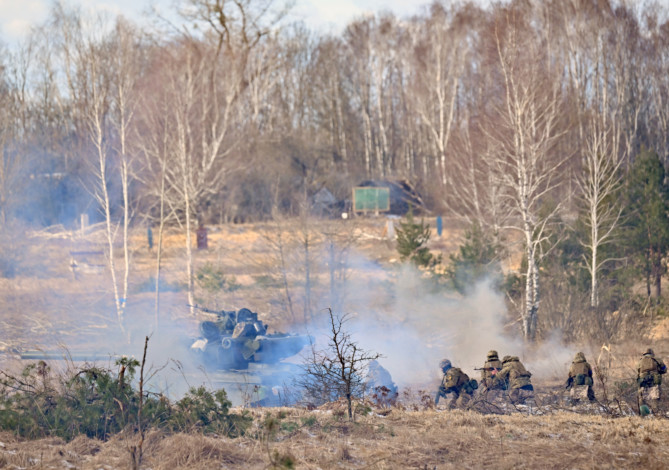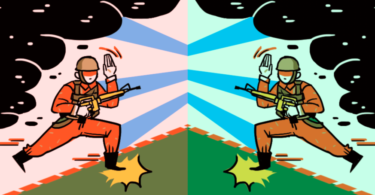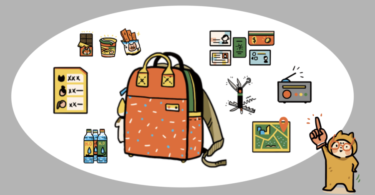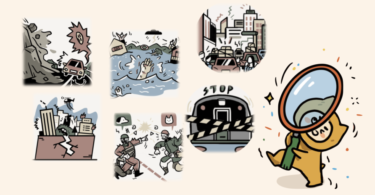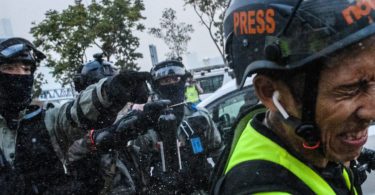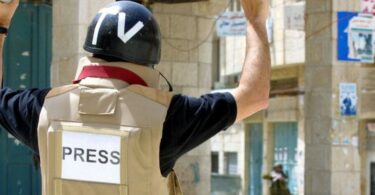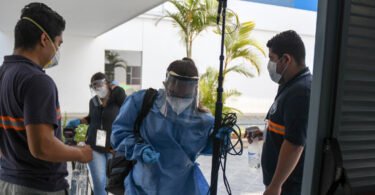Journalists play an indispensable role in covering zones of conflict, which can range from protests or insurrections to guerilla warfares and all-out wars between countries. In all these situations, reporters may take actions that might endanger themselves or their sources. This article advises journalists on how to safely report in conflict zones at minimum risks.
1. Due diligence before reporting
Prior to their reporting, journalists should properly inform themselves and research their working environment and the risks that interviewing people may carry. This research material can further be used to write a more comprehensive coverage of a conflict by providing comprehensive context and background.
Before going on the field, a journalist should be able to determine: who the the parties involved in the conflict are; what the parties’ motivations are; what the parties’ relationships with and attitudes toward one another are; how these relationships and attitudes have changed as the conflict has progressed; why these parties are acting against one another at present; and why the conflict has evolved in this particular way.
2. Not interfering with the events on the field
Journalists’ media coverage of a conflict can influence the course of events: publishing sensationalised or alarmist reporting may provoke violent reactions from some protagonists. When reporting on the ground, journalists are de facto part of the event they cover and may act in a way that could impact how the event evolves. Journalists should remain outside observers — not mediators or problem-solvers. Journalists should further avoid promoting particular solutions or backing specific groups or parties.
3. Privileging seeking assistance
Nonetheless, journalists reporting on conflict zones may be faced with the dilemma of whether or not to help an injured or endangered person. Journalists should only step in if they can first guarantee their team’s and their own safety, and if no one else can help. If another person such as a medical or military worker is accessible, they should reach out to them and let them provide the needed assistance.
4. Immediately exiting an escalating situation
Conflicts become more difficult to report on when they become violent. Violence can quickly devolve into a “conflict spiral” that is difficult to control once it begins, leading some groups involved to rationalise or condone usually unacceptable behaviour. It is important that journalists ensure their own safety and leave the scene when the situation escalates.
Additional resources
For further detailed advice on reporting in conflict zones, RSF Safety Guide for Journalists, produced in partnership with UNESCO, is available in PDF and on our website chapter by chapter. Internews, the International Center for Journalists and Dart Center also provide additional material on covering conflicts.

